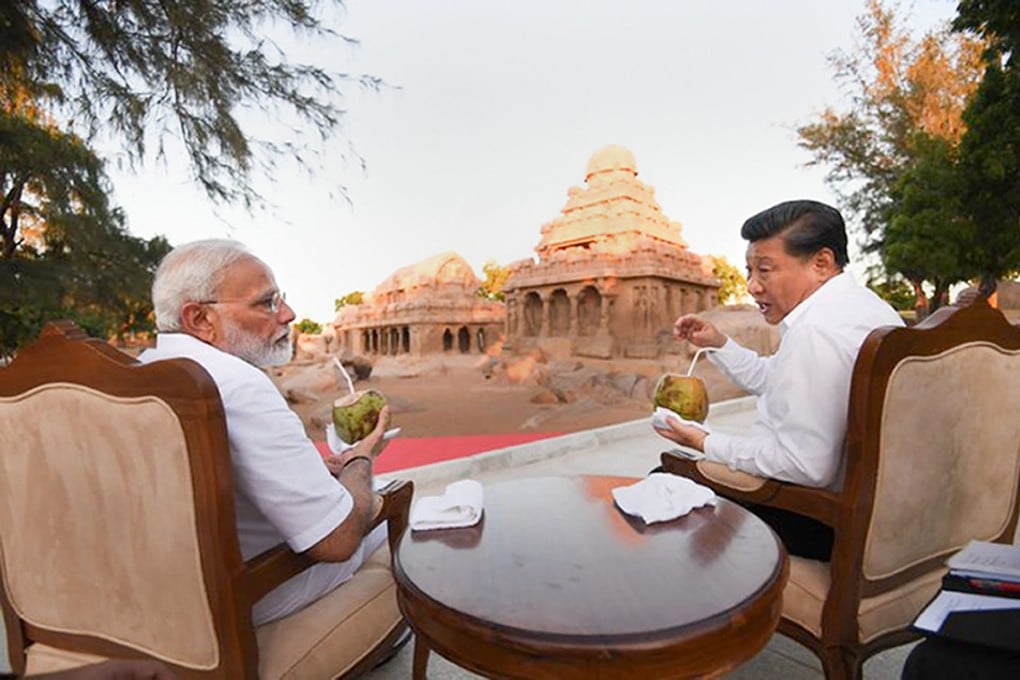Opinion | How Modi 3.0 could steer India-China relations
- A coalition government and closer ties with the West suggest a more cautious approach. Will Modi choose greater rivalry or cooperation with China?

India’s latest election marked a resurgence of democracy, as voters pushed back against concentrated power and the ethno-nationalist sentiments in the ruling Bharatiya Janata Party. This shift may force Prime Minister Narendra Modi to reconsider his hardline policies and opt for more cautious approaches. Implemented wisely, such changes could bolster India’s international standing.
But a rising India under Modi has also seen its relationship with neighbouring China enter a complex phase. Both vast and competitive economies, they are facing hurdles in building their friendship and, increasingly, security concerns are outweighing economic considerations.
India’s deepening alliance with the United States, characterised by President Joe Biden as “the defining partnership of the 21st century”, reflects their shared interests in managing China’s influence despite the historical mistrust.
.jpg?itok=T4p1uz8K&v=1718870707)
